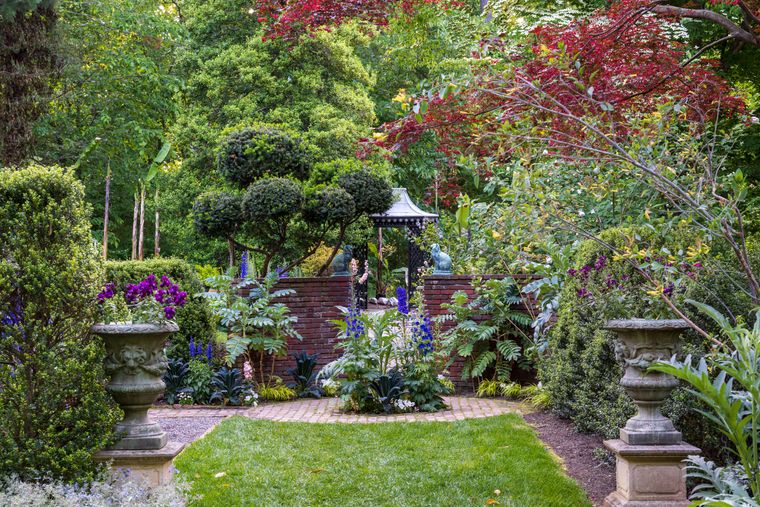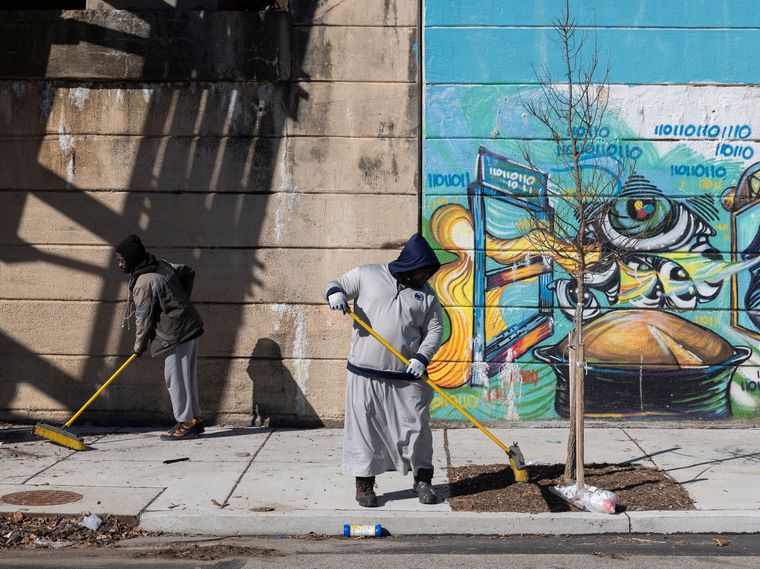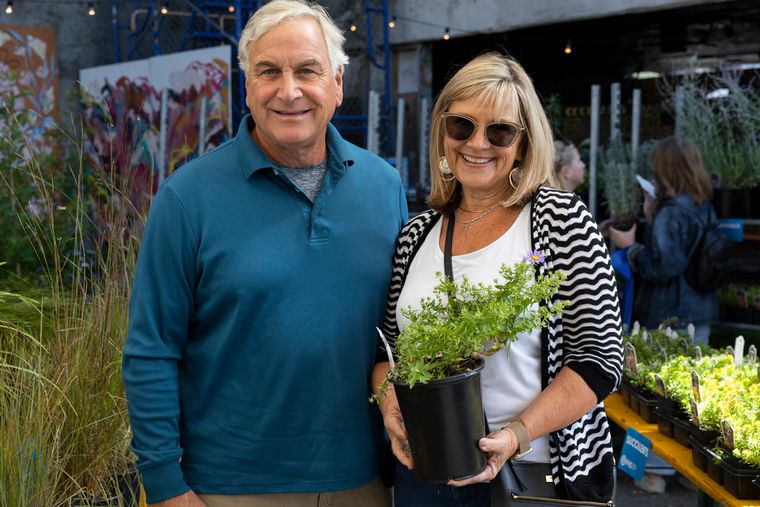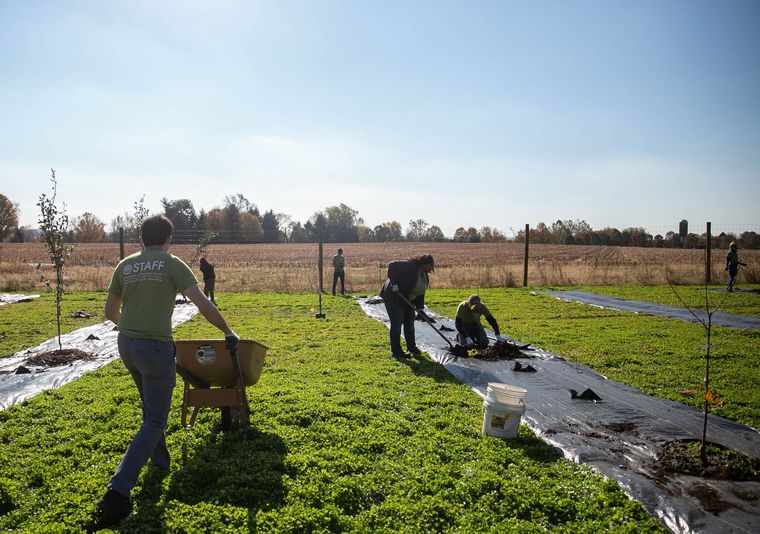



6 Gardening Trends You Won’t Want to Miss in 2022
garden inspiration
gardening projects

By Rachel Link
New Year, new gardening ideas! As we head into 2022, PHS has got you covered with fresh and innovative ways to revitalize your garden. PHS’s own Andrew Bunting, VP of Public Gardens and Landscapes, puts it best: “Adopting new trends offers gardeners the perfect way to revamp home gardens with new ideas and inspiration while using gardening to promote year-round health and well-being.”
Whether you’re a novice gardener or a horticulture pro, these six trends can be easily incorporated into your gardening practices for the growing season to come.
-
Utilize Native and Pollinator-Friendly Plants
Bees and other pollen-loving insects are vital to creating and maintaining ecosystems, and you can help in your own backyard by planting native and pollinator-friendly species. Consider adding plants like Pycnanthemum, mountain mint, Echinacea, coneflowers, and Liatris, gayfeather to support these small and mighty ecosystem heroes. -
Transform Your Lawn to Garden Space
You might not know it, but luscious green lawns aren’t great for the environment. Transforming even a small patch of your lawn into a pollinator, perennial, or vegetable garden will increase your positive environmental impact -- all while reducing your carbon footprint by decreasing the amount of fuel emissions released from regular lawn trimming and maintenance. -
Attend a Plant Swap
Plant swaps are great for finding new plants to incorporate into your garden, garnering new horticulture knowledge, and making friends along the way! Attendees can bring small plants, cuttings, or other gardening equipment and exchange them for something they don’t have. Many of these meet-and-greet style exchanges can be found in local gardening Facebook groups, so be sure to check online for the latest in your area. PHS also offers plant swaps during the growing season so check back on our website! -
Try Gravel Gardening, Waterwise Gardening, or Xeriscaping
Earth-friendly gravel gardens require less of just about everything — water, mulch, energy, chemicals and, most importantly, labor. Xeriscaping refers to landscaping and gardening in a way that reduces or eliminates the need for irrigation. These gardening methods are not only sustainable and cost-effective, but they work for a wide array of plant life. From more traditional easy-to-grow succulents in the Sedum species to ornamental grasses like Amsonia hubrichtii, threadleaf bluestar, and many pollinator-friendly perennials like Asclepias tuberosa, butterfly weed, you can have a beautiful assortment of plants with not a lot of maintenance. -
Grow Your Own Fruit
You don’t need to own an orchard to grow your own fruit — in fact, you can make do with limited square footage! Dwarf trees, which can thrive in smaller spaces, come in varieties including figs, mulberries, apples, and pears. -
Classic Flowers are Making the Cut
Across the US, boutique flower businesses are incorporating more classic cut flowers like Zinnia, Dahlia, and Papaver rhoeas, poppy. The return to these timeless varieties demonstrates a shift away from the more modern, minimalist style common in floral arrangements today. Whether you share them with loved ones or keep cut arrangements for yourself, the reward of growing your own flowers will never go out of style.
Learn more about how to support pollinators and other insects at our upcoming webinar: Respect for Insects: Gardening to Promote Beneficial Bug Life.


